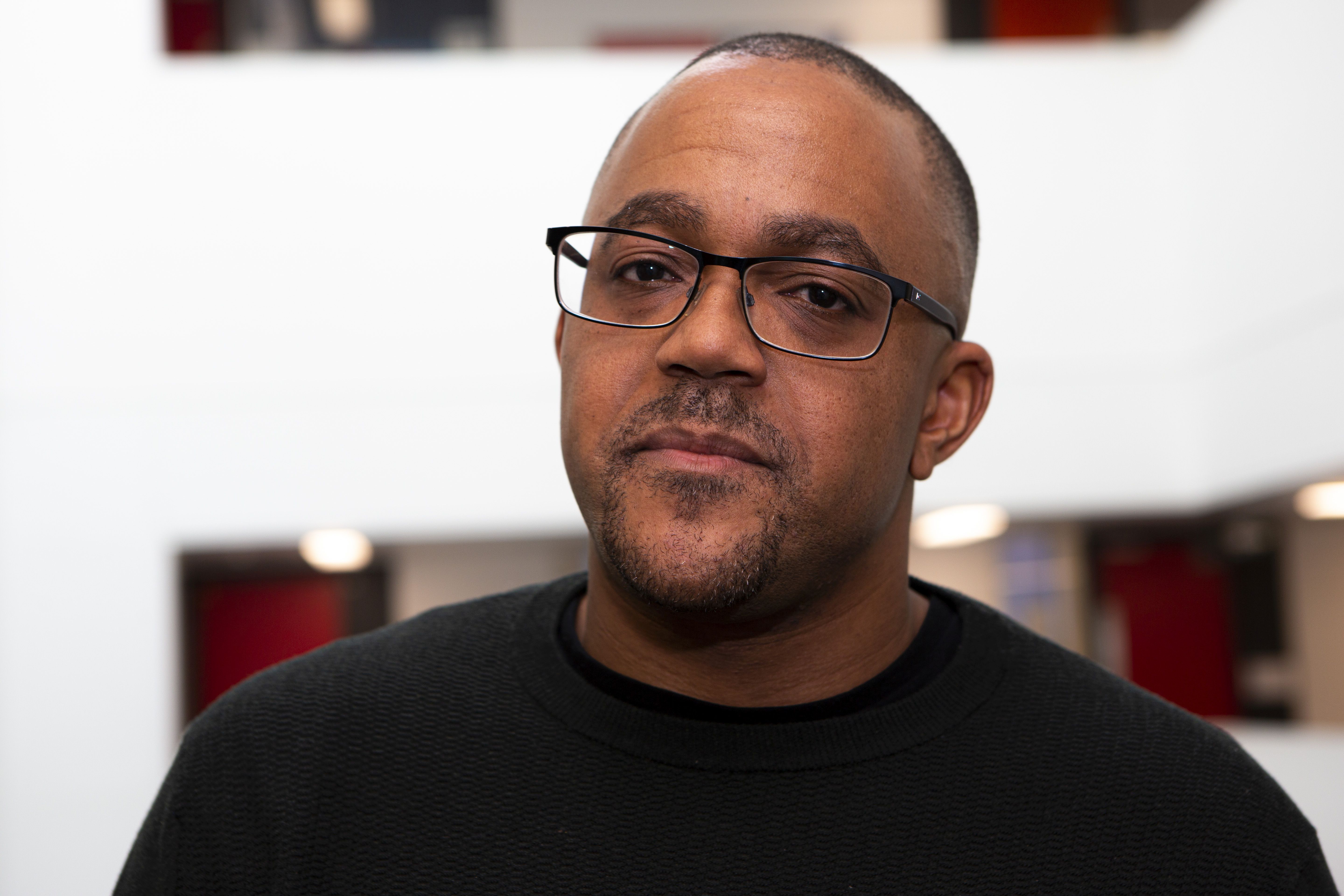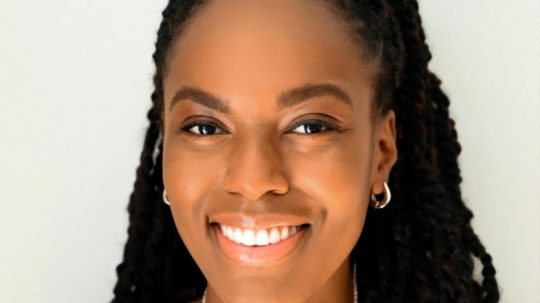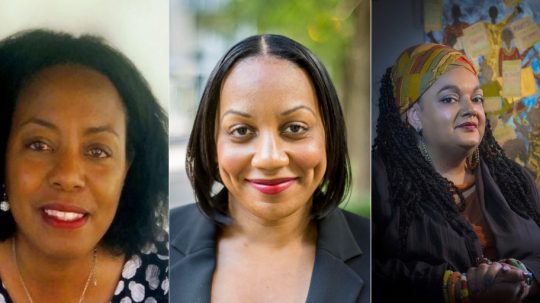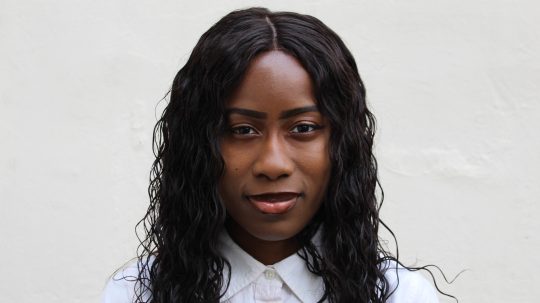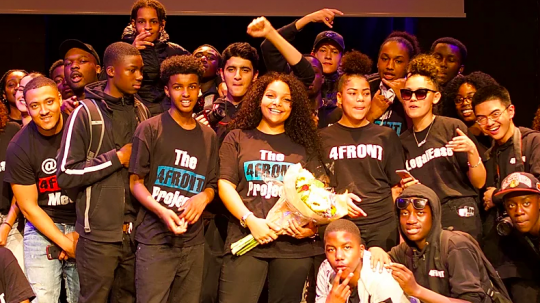The recent spate of Black Lives Matter protests have recharged the discussion about racism and how to make meaningful change. Education has always been a site of resistance and there is a renewed focus on looking at the school curricula; transforming the university; and even cleansing the public space of monuments to slave traders and colonisers.
In the aftermath of the killing of George Floyd one of the most immediate impacts was that books about the Black experience and racism flew off the shelves, with Reni Eddo-Lodge’s Why I am No Longer Talking About Race becoming the first book by a Black British author to top the sales charts in the UK in June. All this attention on racism is welcome and important but we need to remember that these debates are not academic and never about history. A society can only be as equal as the knowledge it is built upon and the sad reality is that the legacies of slavery and colonialism still shape the world today.
A quick glance at any map of global inequality reveals that the world is built in the image of White supremacy. The West, mostly inhabited by white people is the richest, with Africa and its Black population the poorest with the rest of the world in between. Yet we somehow manage to have discussion about global inequality that ignores the blatant racism of the economy. The United Nations has enshrined a series of rights and goals to meet them but neglected to incorporate the most important factor in how the world works.
A society can only be as equal as the knowledge it is built upon and the sad reality is that the legacies of slavery and colonialism still shape the world today.
Prof Kehinde Andrews
The West could only rise to prominence making sure that the lives of those who are not White were worth less. Columbus paved the way for the “New World” by burning, hacking and roasting the native of the Americas into submission. What could be the largest genocide in history, accounting for up to 98 percent of the indigenous population of the Americas and Caribbean, provided the fertile ground necessary for the riches we enjoy today. The Atlantic system of slavery cost tens of millions of Black lives and was an absolute necessity in creating the capital necessary for the industrial revolution. The West used this wealth to build vast empires around the globe, draining the resources of the Rest in order to develop. ‘Developing’ nation is just code word for one who was abused by a Western power, purposefully underdeveloped so that they could be exploited. But when the empires crumbled the logic of the system remained.
The uncomfortable truth is that the rights we take for granted here are built on the principle that Black life does not matter.
Prof Kehinde Andrews
You need look no further than your clothes for evidence of the exploitation of labour, with workers in sweatshops having the “right” to be paid wages in the Rest that have been long outlawed in the West. Whichever device you are reading this on is only so freely available because the minerals needed to produce it are basically stolen out of the ground in Africa. The uncomfortable truth is that the rights we take for granted here are built on the principle that Black life does not matter. Black and brown bodies are disposal in the quest for prosperity and freedom in the West.
Education is vital if we are to understand the nature of the task at hand. If we are truly for equality then we must be seeking to transform the system, to create an entirely new framework. It is my hope that over the course of this week we can engage in some of the debates about how to create an education that can help us take steps towards liberation.
The views expressed in this article are those of the author and do not necessarily reflect the views of EachOther.

